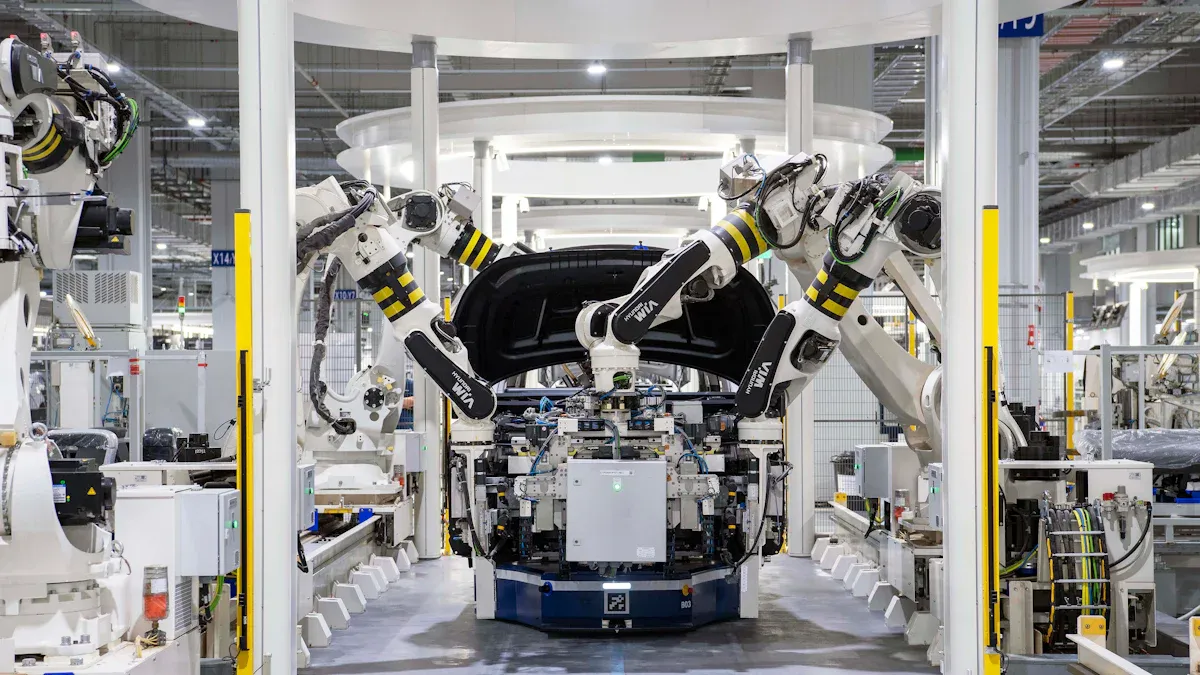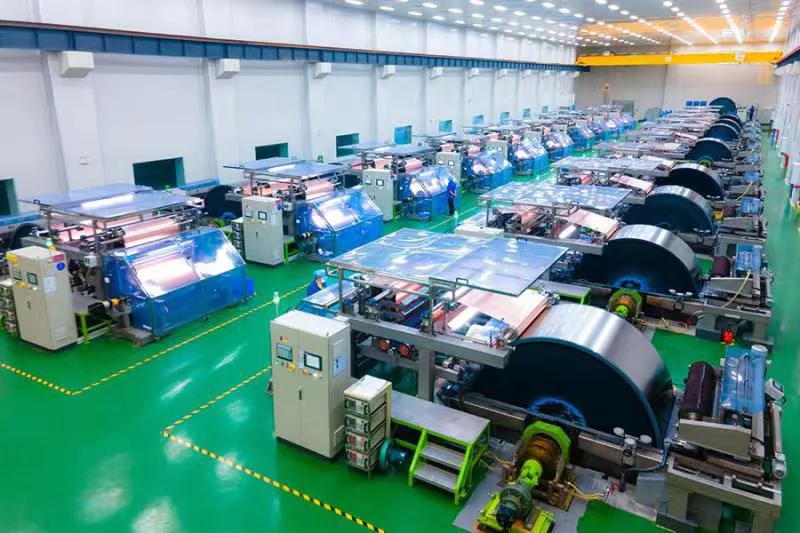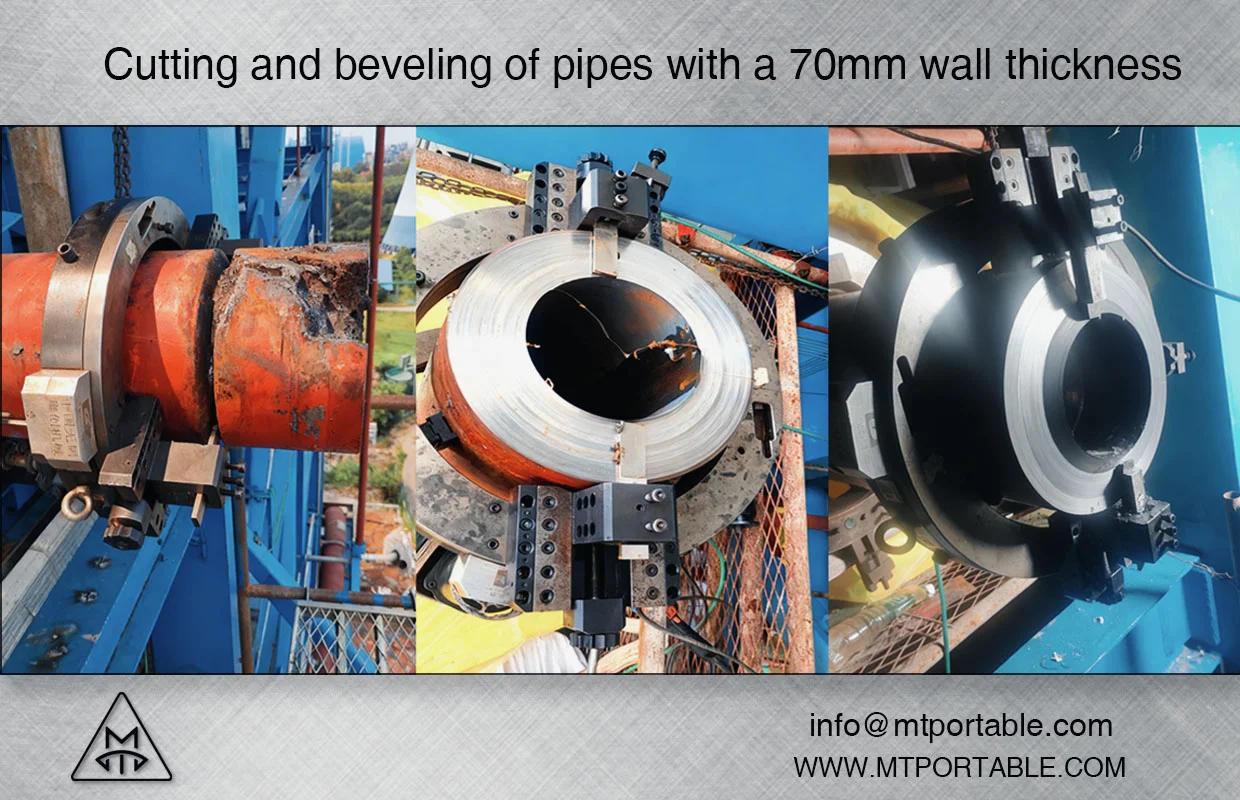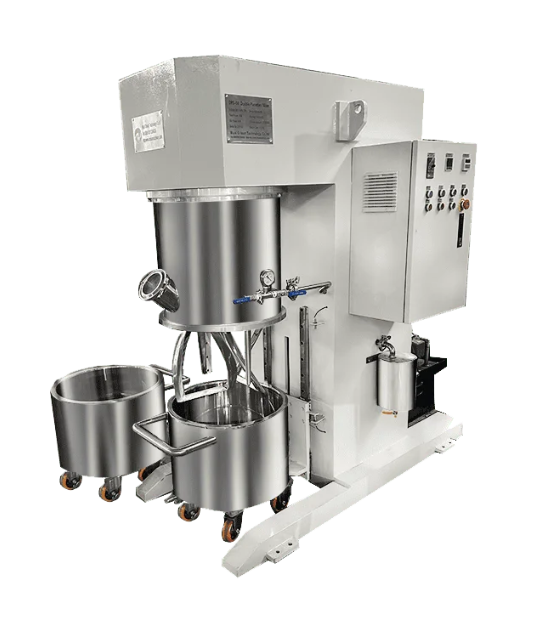In the realm of aviation, aircraft mechanics play a pivotal role in ensuring the safety and efficiency of air travel. Despite their critical role, there is a growing concern about their underpayment. This article aims to delve into the reasons behind the underpayment of aircraft mechanics, shedding light on an issue that often flies under the radar.
The first layer of this issue lies in the economic dynamics of the aviation industry. Airlines operate on thin profit margins, and labor costs constitute a significant portion of their expenses. To remain competitive, airlines often resort to cost-cutting measures, and unfortunately, the salaries of aircraft mechanics often bear the brunt of these measures.
Secondly, the outsourcing of maintenance work to countries with lower labor costs has become a common practice. This globalized labor market exerts downward pressure on wages, as domestic mechanics have to compete with their overseas counterparts who are willing to work for less.
Thirdly, the advent of technology has also played a role in the underpayment of aircraft mechanics. The increasing automation of aircraft maintenance tasks has led to a perception that the role of mechanics is becoming less critical. This perception, however misguided, can contribute to lower wages.
Furthermore, the lack of unionization among aircraft mechanics in some regions can also contribute to their underpayment. Without collective bargaining power, individual mechanics may find it difficult to negotiate for higher wages.
Lastly, the underpayment of aircraft mechanics can also be attributed to the lack of public awareness about their role. Unlike pilots, whose role is highly visible and widely recognized, mechanics work behind the scenes. Their contribution to aviation safety is often overlooked, which can lead to a lack of recognition and, consequently, lower wages.
However, it's important to note that underpaying aircraft mechanics can have serious repercussions. It can lead to a shortage of skilled mechanics, as fewer people are willing to enter the profession due to low wages. This could potentially compromise the safety and efficiency of air travel.
In conclusion, the underpayment of aircraft mechanics is a multifaceted issue, rooted in economic dynamics, globalization, technological advancements, lack of unionization, and public awareness. Addressing this issue requires a comprehensive approach that takes into account these various factors. It's high time that the aviation industry recognizes the value of aircraft mechanics and compensates them accordingly.
This article is not only a call to action for the aviation industry but also an appeal to the public. By understanding the reasons behind the underpayment of aircraft mechanics, we can all play a part in advocating for fair wages and ensuring the continued safety and efficiency of air travel.
In the end, the skies are only as safe as the hands that maintain them.






